Electronic flow meter for wastewater
Giá gốc là: 10.000.000 ₫.8.500.000 ₫Giá hiện tại là: 8.500.000 ₫.
Cập nhật lần cuối ngày 29/07/2023 lúc 05:38 chiều
The Electronic flow meter for wastewater is a device designed to measure the flow rate of wastewater generated in various activities, including production, domestic use, and pre-treatment of wastewater. In this article, let’s explore the different types of electronic flow meters for wastewater and their significance.
What is an Electronic flow meter for Wastewater?
An electronic flow meter for wastewater is a type of flow meter specifically designed to accurately measure the flow rate of wastewater with high precision, durability, and stability.
These devices perform the task of measuring the flow rate of various types of wastewater by utilizing electronic technologies and electronic sensors. Due to the working conditions that require direct contact with wastewater, the sensors of this type of flow meter are typically made from durable materials with good chemical resistance. The flow meter body is often made of copper or coated with an insulating layer to protect it from the wastewater or constructed from corrosion-resistant materials.
They are designed to operate with wastewater containing chemicals and solids. The sensors placed within the device measure and send signals about the flow rate of wastewater passing through them. These signals are then processed by electronic circuits to calculate and display the flow rate.

Importance of Using Wastewater Flow Meters
As you may already know, water is a highly important and valuable resource. Its usage needs to be tightly controlled to protect this resource and enable sustainable development.
In both industrial and domestic activities, water is essential, and after use, most of the water cannot be directly reused. At this point, the water becomes wastewater containing various impurities.
If wastewater is not treated and discharged directly into the environment, it can cause pollution and have adverse effects on living organisms, including humans. Therefore, controlling wastewater is of utmost importance.
In recent years, Vietnam has implemented stricter regulations regarding wastewater treatment. To effectively comply with these regulations, measuring wastewater flow is considered a mandatory step. That’s why the use of electronic electronic flow meters for wastewater has become increasingly popular. These meters are highly accurate and easily integrated into monitoring and control systems.
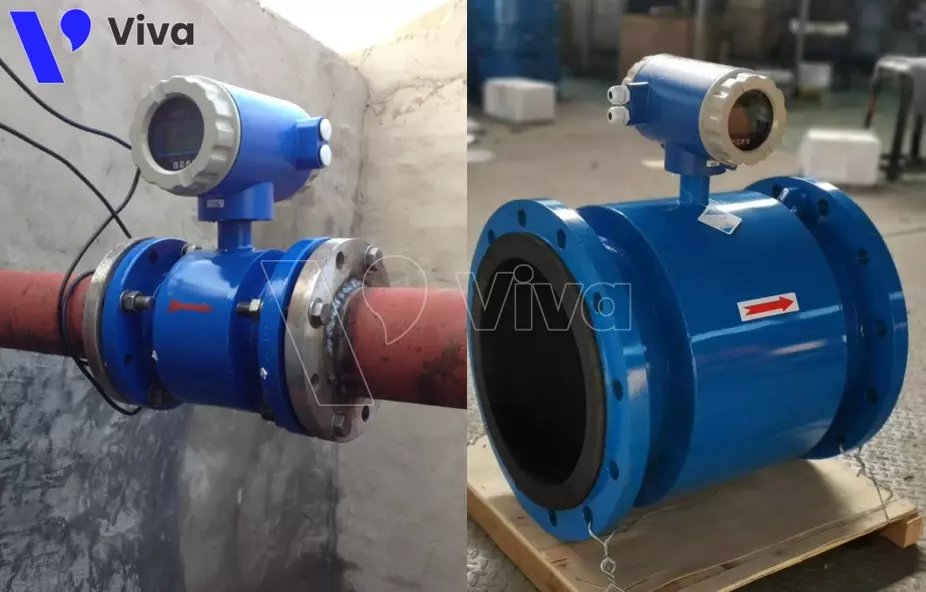
Two Commonly Used Types of Electronic Electronic flow meters for Wastewater
Currently, there are various types of devices available on the market for measuring wastewater flow. However, two types of flow meters are prioritized for measuring the flow of wastewater in many systems. Let’s explore them further.
Electronic Electronic flow meter for Wastewater – Ultrasonic Type
This device uses ultrasonic transducers to interact with impurities and air bubbles present in the wastewater flow inside the pipes. Due to the unique characteristics of ultrasonic waves, they can penetrate different types of materials while partially reflecting when encountering material changes along the wave transmission path.
The ultrasonic flow meter is preferred for wastewater flow measurement applications because it operates based on non-contact measurement principles. The transducers are fixed outside the pipes, providing flexibility for various pipe sizes.
The presence of impurities in the wastewater enhances the performance of ultrasonic wave reflection.
Note that when using ultrasonic flow meters, calibration is required when changing pipe sizes or when pipes are made from different materials and contain different types of fluids.

Electronic Electromagnetic Wastewater Flow Meter
Electronic electronic flow meter is highly regarded for its ability to measure the flow rate of wastewater. It utilizes a flow measurement method based on calculating electromagnetic force generated within the fluid flow when it passes through a magnetic field created inside the meter.
The electrical current is measured by pairs of electrodes placed opposite each other within the meter housing. These electrodes are made of materials resistant to chemical corrosion, high hardness to withstand the corrosive effects of impurities present in the flow, and possess good electrical conductivity due to frequent contact with the wastewater.
Note that the electronic electronic flow meter for wastewater can only work with conductive fluids, and virtually all types of wastewater have electrical conductivity.
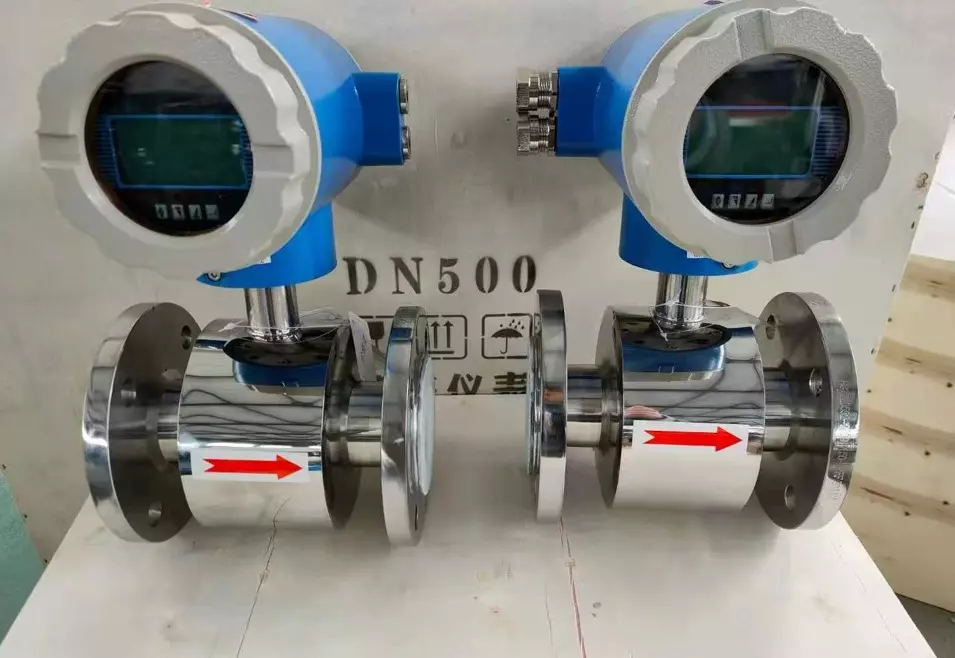
Comparison between Electronic Electromagnetic Wastewater Flow Meter and Mechanical Wastewater Flow Meter
Both the mechanical and electronic wastewater flow meters serve the purpose of measuring wastewater flow rate but have fundamental differences. Here are some points of differentiation between these two types of flow meters.

Principle of Operation
For mechanical flow meter devices, they commonly share a common feature in their construction, which is the use of components that generate motion when there is flow through the meter housing (gears, disks, turbines, etc.). This motion is transformed and transmitted through special mechanisms known as counters, and the measured flow value is displayed on the meter. This measurement method is generally referred to as contact measurement.
In contrast, the electronic electronic flow meter for wastewater employs various types of sensors depending on the measurement principle applied by the device. The common characteristic of these devices is that they often employ non-contact measurement methods, which helps minimize flow interference during the measurement process. Furthermore, for wastewater containing numerous impurities, direct contact with the moving parts can cause obstruction.
Accuracy
By using various modern sensors, it is possible to adjust the parameters to optimize for specific working conditions. Combined with a clear electronic display, the measured flow values are accurately shown.
Mechanical flow meters, on the other hand, use a mechanical drive mechanism and have a mechanical dial, resulting in lower accuracy.
Cost
When comparing two product lines with the same materials and dimensions, the Electronic flow meter for wastewater has a significantly higher cost compared to the mechanical flow meter. This is because electronic flow meters have a more complex structure, offer more features, and incorporate higher-priced components and parts.
Convenience
In general, the Electronic flow meter for wastewater provides greater convenience for flow measurement. It offers various functions such as pressure measurement, temperature measurement, and conversion between different flow measurement units. Additionally, many integrated products feature wireless signal transmission or signal transmission to control centers through wiring.
On the other hand, mechanical flow meters do not require a power supply to operate. They measure the flow of wastewater through the meter body and contact with the turbine blades or gears, enabling the device to function. Therefore, mechanical flow meters are suitable for locations that are difficult to access with a power source.
Practical Applications of the Electronic flow meter for Wastewater
The Electronic flow meter for wastewater is an essential device for managing and monitoring the flow of wastewater in manufacturing facilities, wastewater treatment systems, industrial areas, and residential areas.
Practical applications of the Electronic flow meter for wastewater include:
- Measuring wastewater in factories and production facilities to assess whether they meet the required wastewater treatment standards and implement appropriate treatment measures. Additionally, this device allows users to evaluate the system’s performance by comparing the amount of water used and the amount of wastewater generated during the production process.
- Measuring the flow rate of wastewater in wastewater treatment plants to estimate the amount of catalysts and chemicals needed to remove harmful substances from the water, ensuring proper treatment.
- Measuring the flow of domestic wastewater from residential areas and high-rise buildings. With organic matter accounting for up to 60% and inorganic matter making up approximately 40% of the composition, including many substances that have adverse effects on the environment, it is crucial to control and treat domestic wastewater according to regulations.
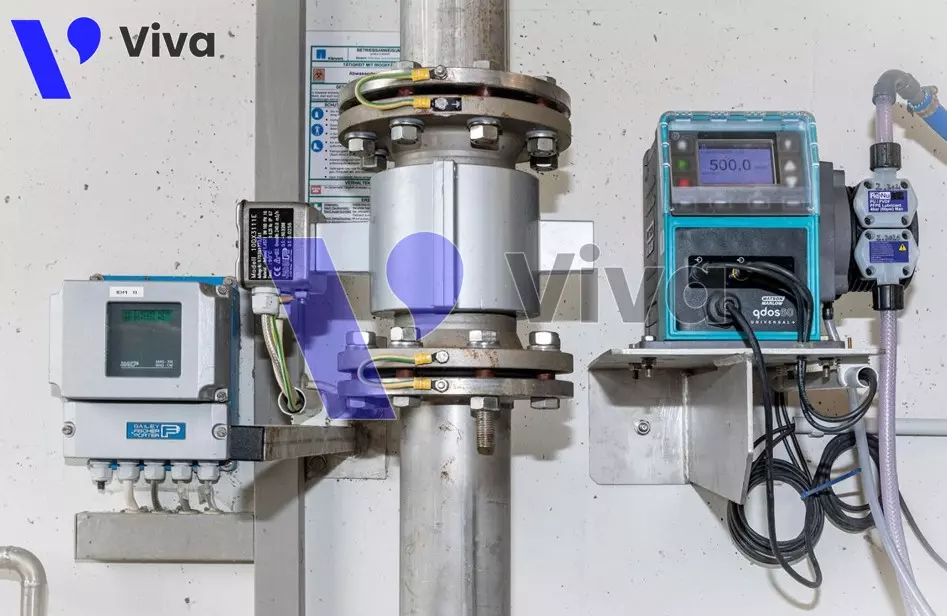
Product: Electronic flow meter for Wastewater at VIVA
VIVA offers a range of high-quality Electronic flow meters specifically designed for wastewater applications. Our products are sourced directly from reputable manufacturers with extensive experience in the industry.
At VIVA, we are committed to meeting the needs of our customers regarding Electronic flow meters for wastewater. Our offerings include:
- Ultrasonic Flow Meters
- Electronic flow meters based on electromagnetic induction principles
To determine the most suitable flow meter for your specific system requirements, please feel free to contact us directly for further discussion and product information.

For more information about our products, you may also explore our range of flow meters for measuring oil flow.
Chưa có bình luận nào


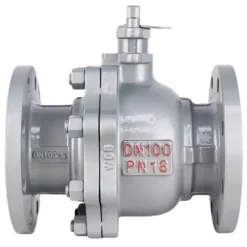
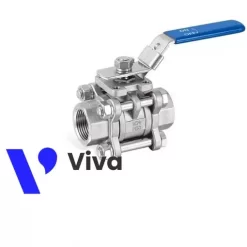
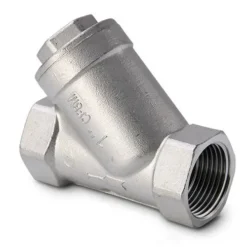
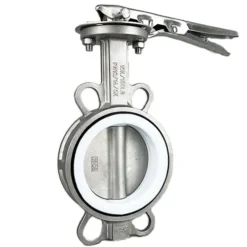
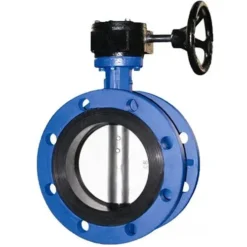
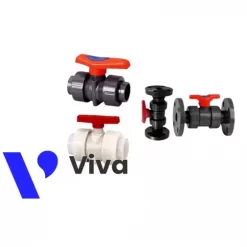
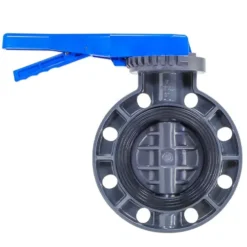
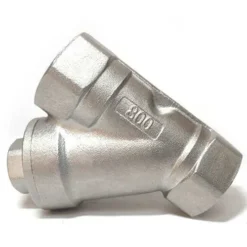
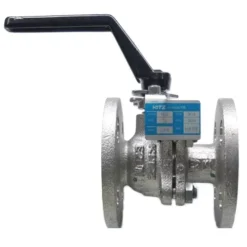
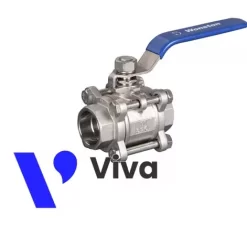
Đánh giá Electronic flow meter for wastewater
Chưa có đánh giá nào.